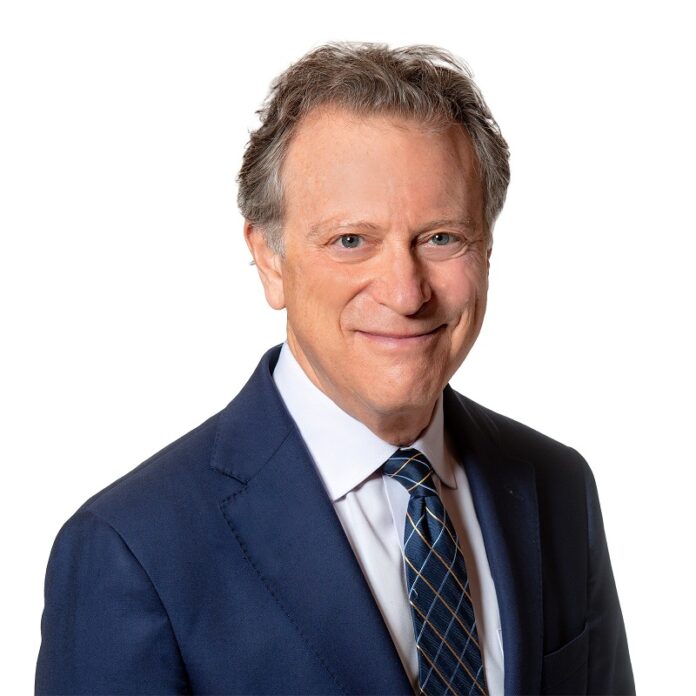A $10-million investment in the CleanBC Plastics Action Fund will help grow made-in-B.C. solutions to reduce plastic pollution, create new products and increase job opportunities, the Province announced on Tuesday.
“British Columbians deeply value our environment, and we all want to find solutions to keep plastics from polluting our lands and waterways,” said George Heyman, Minister of Environment and Climate Change Strategy.
“By reducing plastic waste at the source through systems that reuse items and by including more recycled material in the manufacturing of products, our government is helping keep more plastics out of landfills and ecosystems, creating a better future for all of us while growing the circular economy.”
As part of Budget 2022, the Province is dedicating nearly $10 million to fund projects that will reduce the use of new plastic, expand reuse of plastics, and increase the use of post-consumer recycled plastic.
This second intake of the Plastics Action Fund includes dedicated funding for businesses that are developing systems for reuse, and Indigenous-led projects.
This builds upon the nearly $5 million distributed in 2021 to nine projects through the first intake of the CleanBC Plastics Action Fund, which increased B.C.’s capacity to process and use recycled plastic by 20,000 tonnes per year.
“When we support and discover innovative ways to reduce, reuse and recycle plastics, we are creating clean growth opportunities in our province,” said Ravi Kahlon, MLA for Delta North and Minister of Jobs, Economic Recovery and Innovation. “It’s great to see innovative local companies supporting good jobs for people in the clean economy and reducing our impact on the planet, helping to build a stronger B.C. for everyone.”
B.C.-based projects will be selected for the second funding intake based on their ability to reduce the use of new plastic or increase the use of post-consumer recycled plastic. Interested applicants can apply online, with successful projects being chosen beginning in late September and continuing until February 2023. All projects must be complete by February 15, 2024.
The fund is an important part of the CleanBC Plastics Action Plan’s goal of reducing plastic pollution through reuse and the use of recycled plastic. Other B.C. government actions from the plan include supporting municipal bans on single-use plastics, expanding producer-funded recycling programs and funding the largest shoreline cleanup of ocean plastics in provincial history through the Clean Coast, Clean Waters initiative.
Clark Chow, President and CEO, Plascon Plastics, said: “The funding we received through the CleanBC Plastics Action Fund enabled Plascon to create the first child-safe cannabis container made from 100% recycled plastic. These containers demonstrate how products made from post-consumer recycled plastics are comparable to those made from virgin plastics. If you factor in the benefits to the economy and the environment, using waste-stream materials outperforms the use of new plastic.”
Kevin Andrews, Vice President of Operations, Merlin Plastics, said: “Thanks to the funding we received through the Province’s CleanBC Plastics Action Fund, Merlin was able to upgrade equipment and increase the supply of recycled plastic used as feedstock in new packaging. By recycling discarded packaging in an environmentally sound, economically efficient and socially responsible fashion, we are ensuring discarded plastics do not end up in our natural environment and existing plastics are put back into our economy.”
Quick Facts:
* B.C. is a leader in extended producer responsibility (EPR) recycling and has more EPR programs than any other jurisdiction in North America.
* 315,000 tonnes of plastics, such as those in electronics, beverage containers and other packaging, are already captured annually in B.C.’s EPR programs.
* The Province is phasing in the recycling of new waste products, including electric-vehicle batteries, mattresses, compressed-gas canisters and medical sharps (e.g., hypodermic needles) through the Extended Producer Responsibility Five-Year Plan.
* The Clean Coast, Clean Waters initiative has cleaned nearly 4,000 kilometres of shoreline, removed more than 1,000 tonnes of debris and recycled or upcycled 65% of recovered material.
Learn More:
For more information about the fund or to apply for funding, visit: https://alacritycleantech.com/












